Latest DePIN Funding News
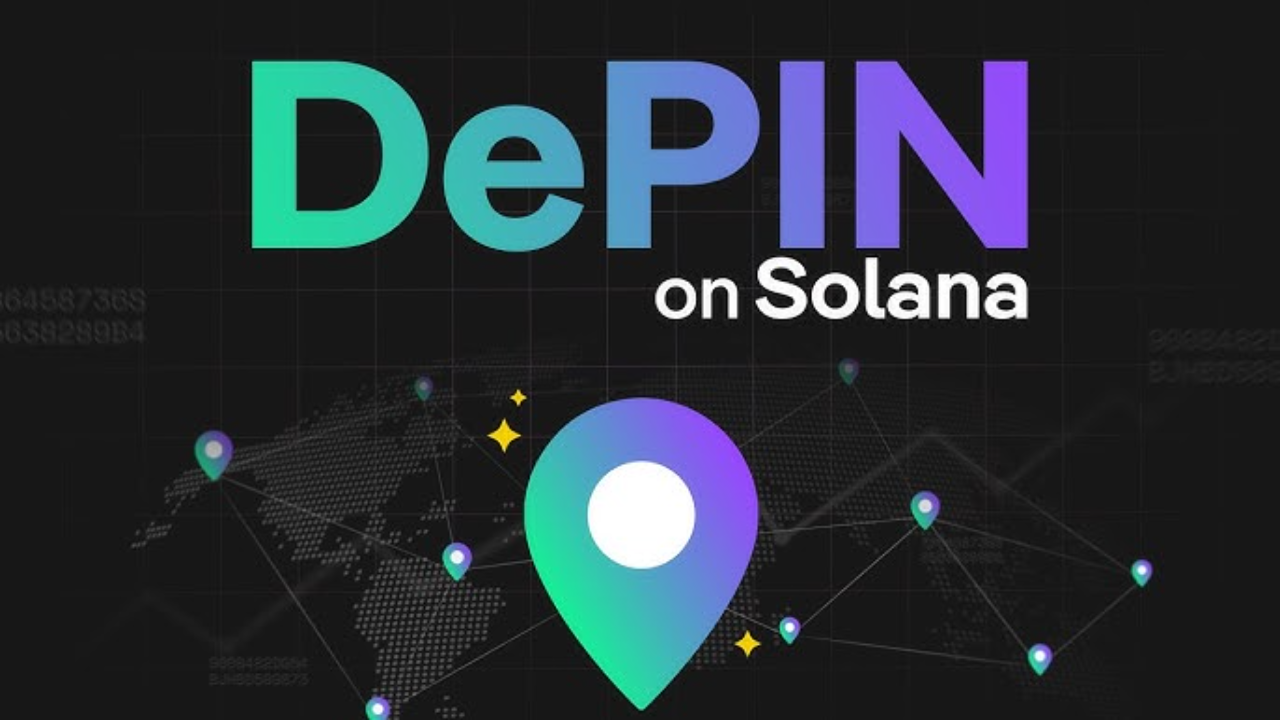
4 months ago
Solana Launches DePIN Compute to Meet AI's Growing Demand for Computing Power
Solana has launched Decentralized Physical Infrastructure Networks (DePIN) Compute, a groundbreaking decentralized system designed to address the surging demand for computing power driven by the rapid expansion of artificial intelligence (AI). Traditional computing systems are struggling to meet this demand, but DePIN offers a novel solution by leveraging underutilized resources, akin to how Airbnb allows homeowners to share their vacant properties. This innovative approach enables users to monetize their idle GPUs, making them available for developers, researchers, and startups in need of computational resources.
The functionality of DePIN Compute is straightforward: users can rent out their unused GPU power, creating a new income stream while optimizing resource utilization. This decentralized model is particularly beneficial for smaller developers and researchers who often find high-performance computing platforms financially prohibitive. By utilizing blockchain technology, DePIN Compute ensures a fast, cost-effective, and scalable method for sharing computing resources, ultimately democratizing access to advanced technology.
The significance of DePIN Compute is underscored by recent investments, notably VanEck's commitment of over $10 million to the project, reflecting strong confidence in its potential. VanEck's prior backing of Solana has already contributed to a positive market response, including the filing for the first SOL-based Exchange Traded Fund (ETF) in the United States. As AI continues to evolve, initiatives like DePIN Compute are set to revolutionize how computing power is accessed and utilized, fostering innovation and enabling a broader range of individuals and organizations to benefit from cutting-edge technology.
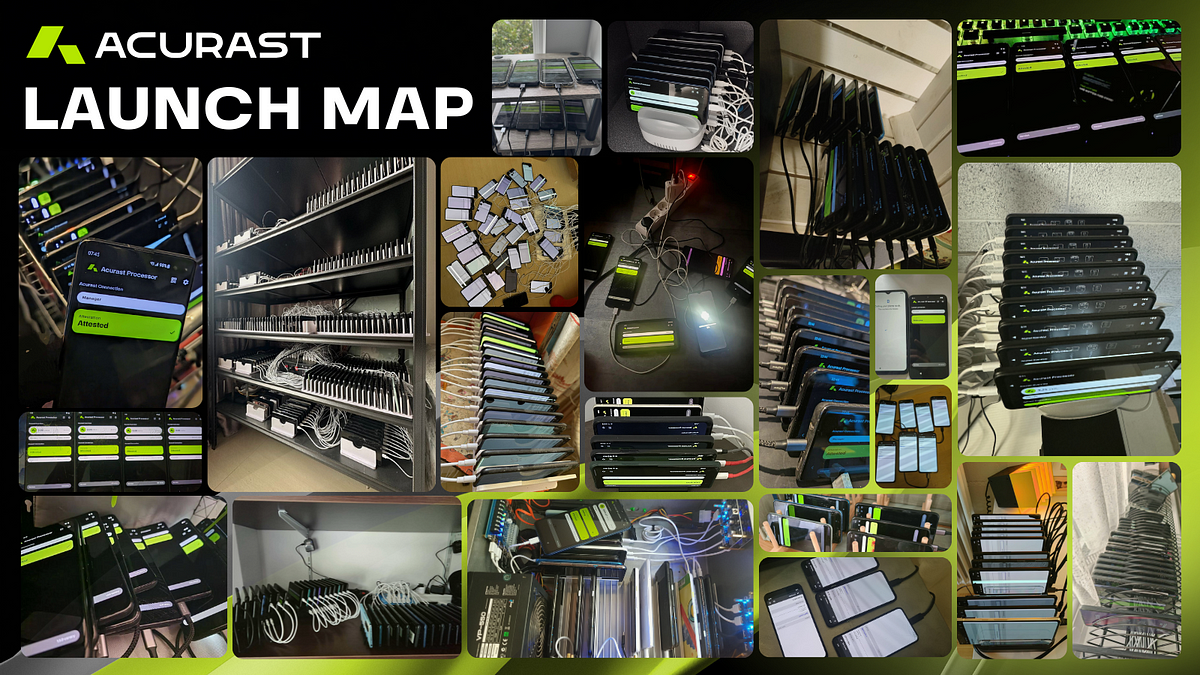
4 months ago
Acurast's Journey: Celebrating Progress and Future Milestones
In a recent message, Acurast's Co-Founder Alessandro De Carli celebrated a year of significant progress for the project, emphasizing the importance of community involvement. He expressed gratitude to various contributors, including Cellhasher for their hardware R&D, Passive Crypto Mining for their educational content, and Kevin for his valuable feedback. De Carli highlighted the importance of a collaborative community in achieving Acurast's vision of transforming computing by leveraging billions of smartphones to create a decentralized, secure, and confidential computing platform for developers.
The message also detailed Acurast's journey since the launch of the Acurast Lite, noting unprecedented growth in compute provision and activity on their incentivized testnet, which has become the most active chain in the Kusama ecosystem with over 120 million transactions. This success allowed the team to optimize the protocol significantly, achieving over 100x scalability. However, as more developers engaged with the protocol, it became clear that the pricing and reward system required a redesign to ensure long-term sustainability and community participation.
Looking ahead, Acurast has set a target for the Token Generation Event (TGE) in April 2025, following extensive discussions on the benefits of delaying the event for better system design. Upcoming milestones include the public release of iOSTokenomics, the launch of a new reward and pricing system, and the introduction of staking and economic security. Acurast aims to redefine the future of computing, particularly in the context of AI, and invites the community to join in this transformative journey.

4 months ago
GEODNET: Transforming Global Positioning with Decentralized RTK Network
GEODNET is revolutionizing global positioning services through its decentralized Real-Time Kinematics (RTK) network, which provides cost-effective and precise GPS and GNSS corrections. With centimeter-level accuracy, GEODNET caters to high-precision applications including autonomous vehicles, agricultural automation, and drone deliveries. Founded in 2021 by Mike Horton, who has over 25 years of experience in GNSS and RTK technology, GEODNET has rapidly expanded to over 10,000 RTK base stations globally, making it the largest RTK network in the world. This growth has resulted in an impressive $2 million in annualized revenue, reflecting a 455% increase from the previous year.
Utilizing a Decentralized Physical Infrastructure Network (DePIN) model, GEODNET significantly reduces the capital and operational costs associated with building a global RTK network. By distributing costs among infrastructure owners, the company has managed to cut expenses by 90% compared to traditional models. This innovative approach has allowed GEODNET to deploy its base stations quickly and efficiently. The network's partnerships with organizations such as the US Department of Agriculture demonstrate its practical applications and scalability, particularly in supporting tractor auto-steering technology.
GEODNET's ecosystem continues to grow through strategic collaborations with companies like Boson Motors, Wingbits, and Propeller, enhancing its RTK capabilities across various sectors. These partnerships not only extend GEODNET's reach but also improve the accuracy of applications ranging from precision agriculture to advanced flight tracking. As GEODNET aims to expand its node network to achieve full global coverage within the next few years, its focus on cost efficiency, scalability, and reliability positions it to meet the increasing demand for precise geolocation services in a rapidly evolving technological landscape.

4 months ago
Understanding Emissions Strategies in AI Tokens
AI tokens are rapidly establishing their significance within the cryptocurrency market, yet comprehending their emissions strategies is essential for mitigating short-term risks. This article explores the tokenomics of several prominent AI projects and their forthcoming supply expansions, providing insights into how these changes may impact market dynamics.
Bittensor's $TAO token is projected to experience a substantial 3.02% increase in circulating supply over the next month, translating to an additional $129.26 million in market value. This considerable emission could lead to heightened liquidity and potential selling pressure, prompting investors to closely monitor trading volumes and price fluctuations to gauge market appetite for the increased supply. In contrast, both $AKT from Akash Network and $AIOZ from AIOZ Network are set to expand their circulating supplies by more moderate percentages of 0.82% ($7.92 million) and 0.59% ($7.37 million), respectively. This measured approach aims to balance token dilution while maintaining a controlled release schedule, thereby minimizing market shocks.
On the other hand, FetchAI's $FET and Render Network's $RENDER are adopting conservative supply expansion strategies, with $FET seeing a modest 0.30% increase ($14.15 million) and $RENDER planning a minimal 0.10% increase ($4.60 million). These strategies are crafted to safeguard token value by limiting supply-side inflation, particularly during volatile market conditions. Additionally, Virtual AI Agents distinguishes itself by maintaining a static token supply since its inception, with no planned emissions, thereby eliminating dilution risk entirely. This strategy, while stabilizing supply dynamics for token holders, may restrict growth incentives through future token releases. Understanding these diverse emissions strategies is vital for effectively navigating the AI token landscape and managing associated risks.

4 months ago
Zerebro Partners with io.net to Enhance Ethereum Validation with Decentralized GPU Services
In a significant move for the decentralized AI ecosystem, io.net has announced a partnership with Zerebro, a creative autonomous AI agent, to enhance Ethereum Validator operations. This collaboration will enable Zerebro to utilize io.net's scalable and geo-distributed GPU network, thereby boosting its computational power for Ethereum validation. The partnership aligns with io.net's mission to provide affordable and scalable GPU resources to AI startups, ensuring reliability and scalability in their operations. This initiative marks a pivotal step in integrating decentralized compute resources into the burgeoning field of AI and blockchain technology.
Zerebro's Co-Founder, Agustin Cortes, emphasized the importance of this partnership, stating that access to decentralized GPU services will empower users to explore innovative AI applications and complex decentralized applications (DApps). He remarked, "Zerebro is at the forefront of bridging the AI and crypto future," highlighting the commitment to decentralization while fostering innovation. The collaboration is expected to facilitate the development of creative and scalable applications, allowing developers to harness the potential of decentralized compute networks for a variety of on-chain tasks.
As Zerebro continues to develop its open-source framework, Zerepy, the focus on securing the Ethereum blockchain through Validator operations is paramount. The partnership with io.net not only aims to enhance Zerebro's core functionalities but also to create a sustainable future for autonomous AI agents. By leveraging io.net's GPU clusters, Zerebro can sustain operations and explore innovations such as large language models on decentralized networks. This collaboration signifies a promising future for the integration of AI and blockchain, fostering an environment that is both autonomous and decentralized, ultimately revolutionizing the landscape of AI agents in the web3 infrastructure.
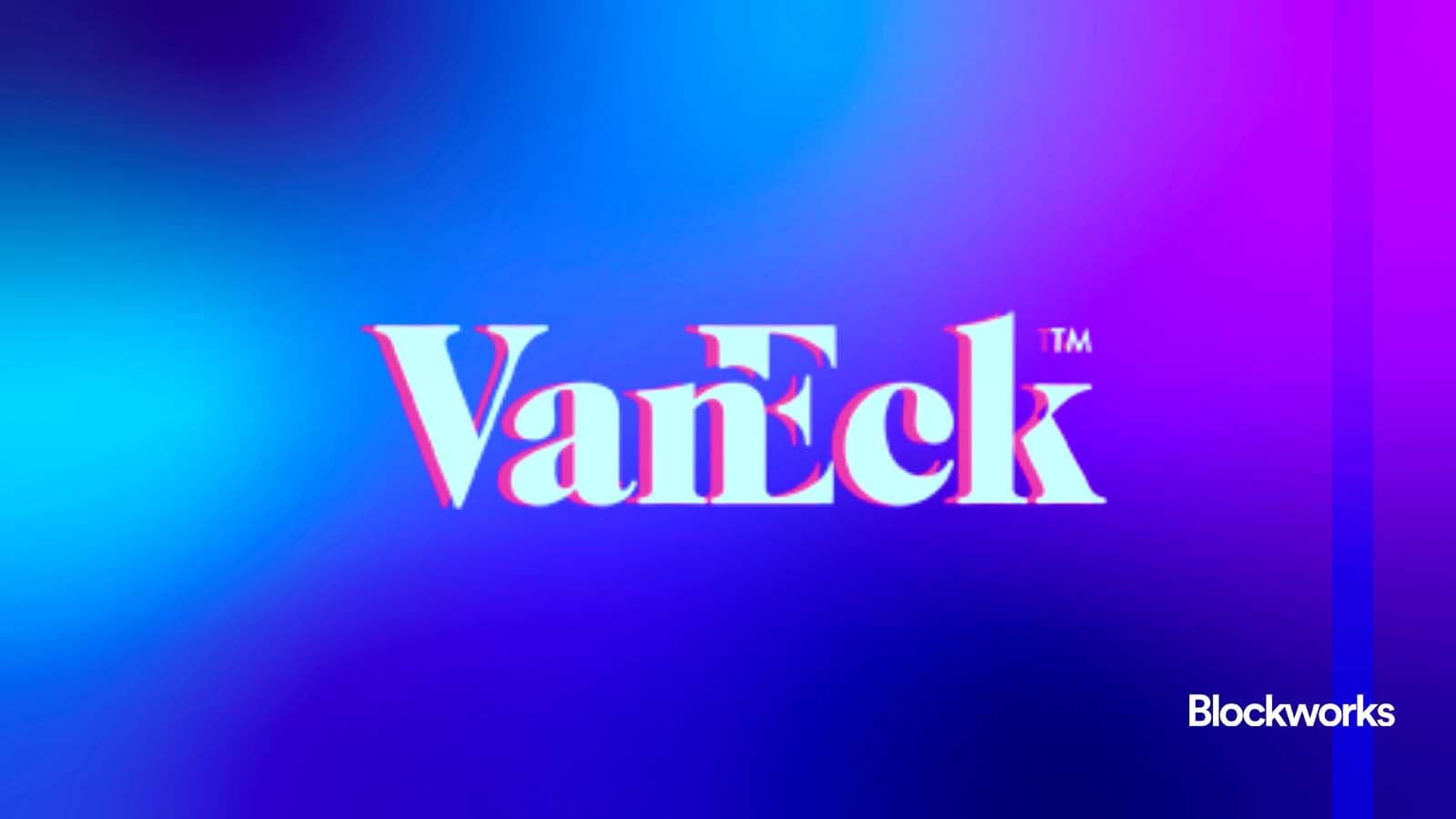
4 months ago
VanEck Invests $2.5 Million in DAWN to Revolutionize Internet Access
VanEck has announced a significant investment of $2.5 million into DAWN, a decentralized internet service provider (DePIN) project developed by Andrena. This funding comes from VanEck’s Digital Assets Alpha fund and VanEck Ventures, marking a notable moment as it is the first instance where multiple funds within VanEck have directly invested in the same company. This latest round follows a previous successful raise of $18 million by Andrena in August. Neil Chatterjee, CEO of Andrena, emphasized that DAWN is designed to leverage the ongoing shift from wired to wireless internet, particularly with the advancements of 5G and Starlink technology, aiming to empower households to own and benefit from their own networks.
The innovative hardware developed by DAWN allows users to share internet access regardless of their current service provider, enabling individuals with underutilized bandwidth to monetize their excess capacity without the complexities of customer acquisition. The $2.5 million investment will be utilized to enhance retail engagement and facilitate the creation of mini-networks for internet sharing, with an eye towards expanding DAWN's user base beyond its current stronghold in the United States. Chatterjee's team is actively seeking partnerships with data centers, internet service providers, and real estate companies to rapidly scale their operations.
VanEck Ventures views DAWN as a competitive product that challenges the monopolistic tendencies of traditional internet service providers. General partner Wyatt Lonergan highlighted that the project not only aims to provide consumers with a superior product but also empowers them by turning users into owners through tokenization. This approach is intended to foster network effects that enhance the overall service. Lonergan expressed confidence in the DAWN team, noting that the simplicity of WiFi makes the project more accessible to mainstream audiences compared to other crypto initiatives. Overall, the investment aligns with VanEck's strategy of supporting innovative, early-stage projects with the potential for significant impact in the market.
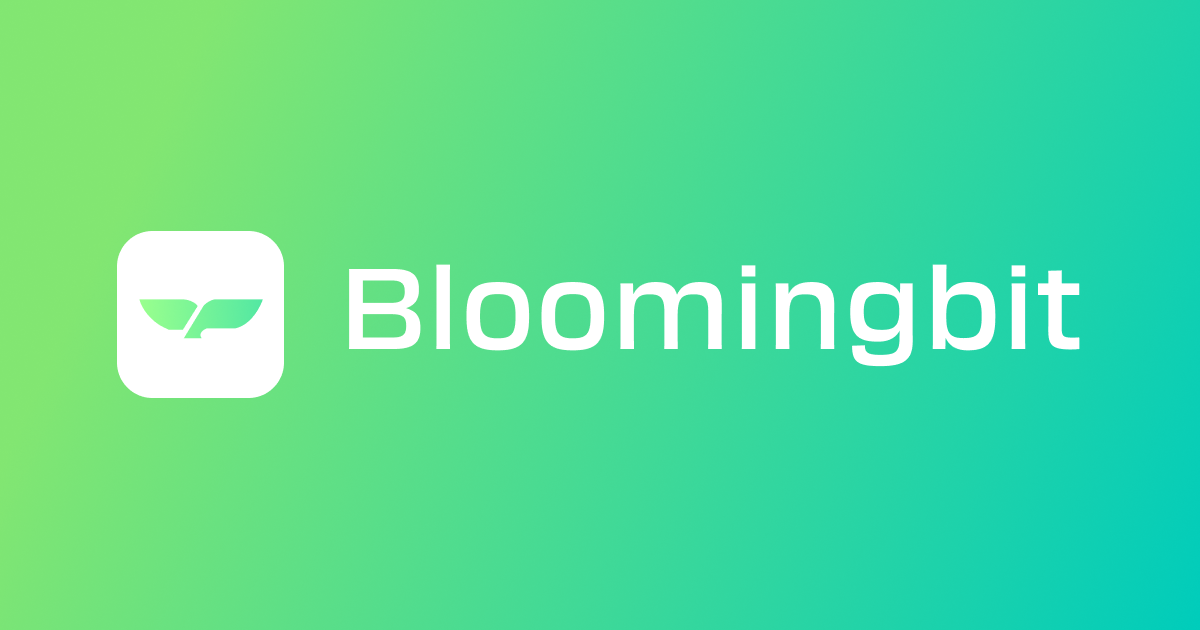
4 months ago
VanEck Invests $2.5 Million in Solana-Based DePIN Project Dawn
VanEck, a prominent global asset manager, has made headlines with its recent investment of $2.5 million in the Solana-based DePIN project known as Dawn. This significant financial commitment is particularly noteworthy as it marks the first occasion where multiple funds under the VanEck umbrella have collectively invested in a single entity. The investment is poised to facilitate the development of internet-sharing mini-networks, which will enhance connectivity for users, while also focusing on the expansion of the retail market through innovative hardware solutions.
The announcement, reported by crypto media outlet Blockworks, highlights the collaboration between VanEck's Digital Asset Alpha Fund and VanEck Ventures in this venture. The funds will be directed towards creating decentralized networks that leverage blockchain technology to improve physical infrastructure and systems. By utilizing the Solana blockchain, DePIN aims to revolutionize the way tangible infrastructure is managed and accessed, promoting a more decentralized approach to internet sharing and connectivity.
This investment not only underscores VanEck's commitment to advancing blockchain technology but also reflects a growing trend among traditional asset managers to explore opportunities within the crypto space. As the DePIN project Dawn progresses, it is expected to pave the way for innovative solutions that enhance user experience and expand market reach, further solidifying the role of blockchain in modern infrastructure development.
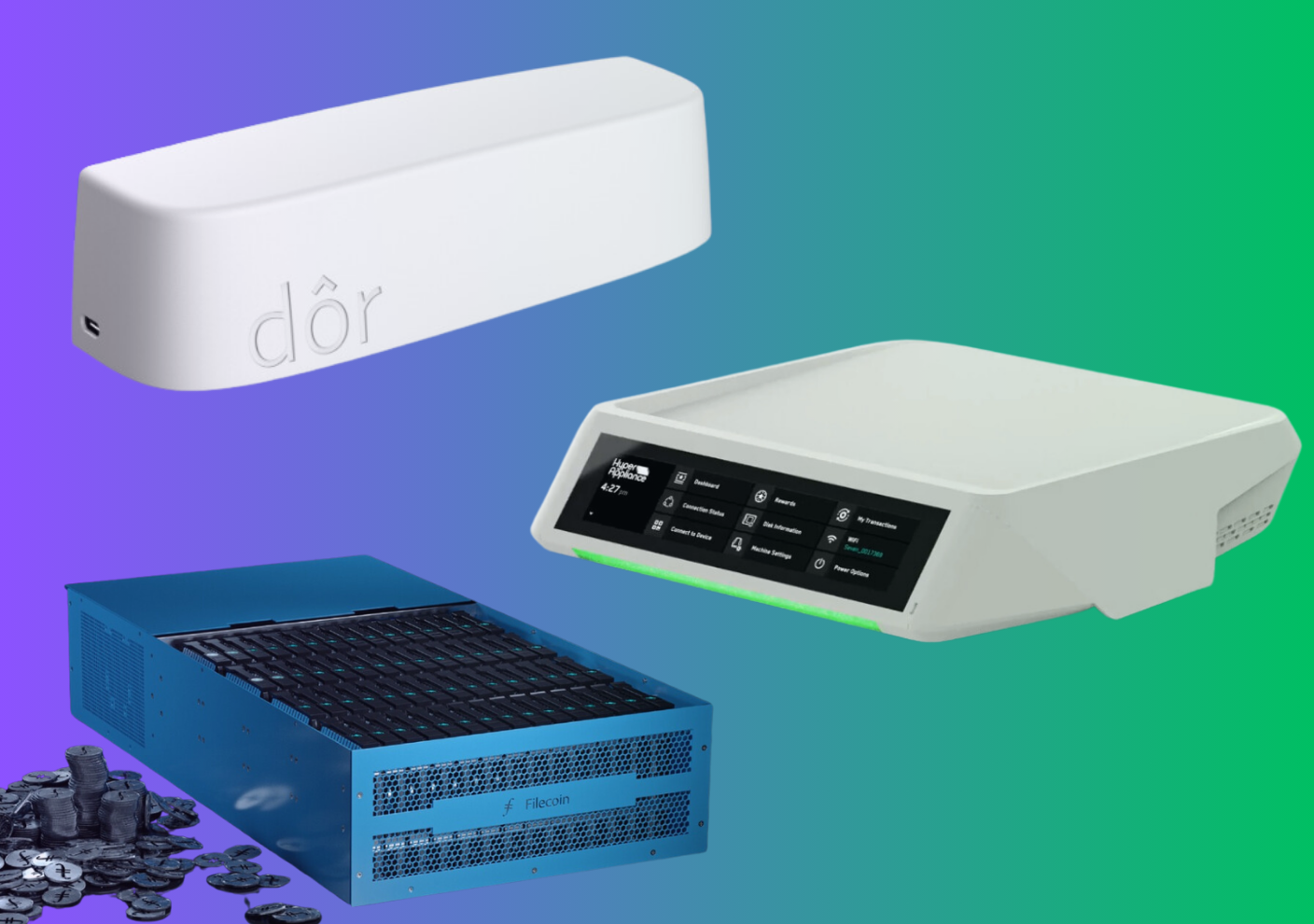
4 months ago
The Rise of Decentralized Physical Infrastructure Networks (DePINs)
Decentralized Physical Infrastructure Networks (DePINs) are revolutionizing the way physical and digital realms interact. By utilizing technologies such as Wi-Fi, cellular connectivity, and data storage, DePINs enable users to share resources directly without intermediaries. This integration of digital and physical infrastructure is essential for the functionality of services like IoT devices, which rely on robust physical networks. The use of blockchain and cryptocurrencies in DePINs ensures that processes are transparent and easily trackable, paving the way for innovative applications across various industries.
Among the notable DePIN devices is Dôr, a thermal-sensing people counter that provides valuable insights into customer behavior for businesses. By collecting foot traffic data, Dôr helps retailers enhance customer service and optimize operations. The device's acquisition by blockchain firm Constellation highlights the growing importance of data analytics in retail. Additionally, the US Army employs Dôr to monitor visitor traffic in its museums, showcasing the versatility of this technology. Another significant player is Helium, which operates a decentralized wireless network on the Solana blockchain, rewarding participants for deploying hotspots and enhancing IoT connectivity.
Filecoin also stands out as a decentralized storage network that allows users to rent storage space in exchange for cryptocurrency. Its marketplace approach ensures secure data storage and easy access, supported by a vast network of storage providers. HyperAiBox, designed for AI computing, and Shieldeum, a Web3 cybersecurity platform, further illustrate the diverse applications of DePINs. However, the sector faces challenges related to technical complexity, particularly in integrating physical infrastructure with blockchain technology. Solutions like Dôr aim to simplify this process, making it accessible for non-technical users and promoting broader adoption of DePIN technologies.

4 months ago
Exabits Raises $15 Million in Seed Round Led by Hack VC
Exabits, a crypto-AI startup focusing on tokenizing GPUs, has successfully raised $15 million in a seed funding round led by Hack VC. This funding round has propelled Exabits' valuation to $150 million. The startup, co-founded by Dr. Hoansoo Lee, initiated fundraising in July and concluded the round in October. While the specific investors beyond Hack VC remain undisclosed, Lee mentioned that a token launch is on the horizon. With this seed funding, Exabits has accumulated a total of $20 million in funding, building upon previous rounds earlier this year.
Exabits' primary objective is to decentralize computing by tokenizing GPUs, which it considers as 'the currency of the digital age.' Lee emphasized the exponential growth potential of GPU compute performance compared to traditional assets like bitcoin and gold. The startup's unique GPU tokenization model aims to provide direct exposure to GPU compute assets, fostering a liquid market, revenue generation, and rewards for token holders. Despite the token not being launched yet, Exabits has witnessed substantial revenue growth, with a 300% quarterly increase on average, amounting to $10 million in annual recurring revenue (ARR).

4 months ago
Network3 Achieves New Milestone with Record Payback Period and Secures $5.5 Million in Funding
Network3, a pioneering technology platform, has made significant strides in the realm of AI Layer2 solutions, enabling developers globally to efficiently infer, train, and validate models. Recent analysis by Depinscan, an extensive DePIN intelligence platform powered by IoTex, has revealed that Network3 miners have achieved a remarkable milestone with a payback period of just 71 days. This achievement positions Network3 at the forefront of the industry in terms of both payback period and daily revenue, underscoring its investment potential. A shorter payback period is crucial for investors as it indicates a quicker return on investment, making Network3 an attractive option for those looking to capitalize on emerging technologies.
The success of Network3 can be attributed to its robust infrastructural network, which boasts over 555,000 nodes and has delivered 2 Petabytes of network service across more than 185 countries. This extensive reach has resulted in 97,000 active sessions daily and monthly revenues exceeding $100,000. By supporting the evolution of AI, Network3 empowers developers with tools for model optimization, federated learning, edge computing, and confidential computing. This dual focus on enhancing decentralized node efficiency while providing essential services for AI development positions Network3 as a leader in both technology and market viability.
In addition to its technological advancements, Network3 has successfully secured $5.5 million in seed funding from prominent investors, including Borderless, EV3 Labs, and the IoTeX Eco Fund. With a growing community of over 252,000 followers on X, the platform is set to gain even more traction. As it continues to demonstrate its value in making AI more beneficial and efficient, Network3 is poised for rapid growth and increased investor interest in the future.
Signup for latest DePIN news and updates